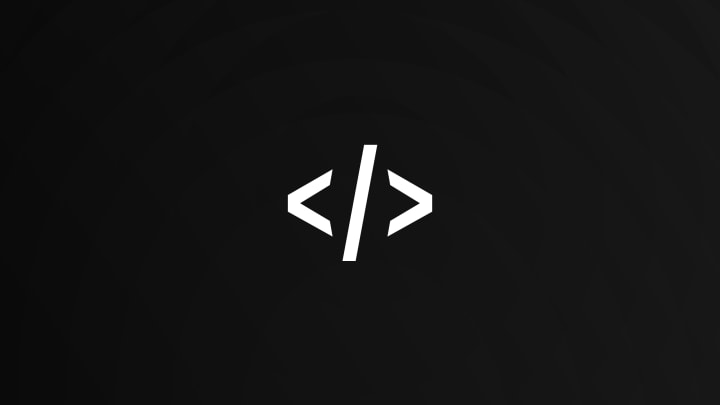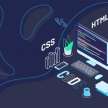Programing {Part 2}: Bugs in Programming
What exactly are they?!

A popular saying amongst developers goes "WHERE THERE IS A CODE, THERE IS A BUG". That brings us to the question: What is a bug?
In software development, a bug doesn't mean a living organism that exists in your code. Bugs, in the context of software development, refer to errors or defects in computer programs that cause them to behave in unintended ways or produce incorrect results. Bugs can occur at various stages of the software development lifecycle, from the initial coding phase to the deployment and usage of the software. They can manifest in different forms, ranging from minor inconveniences to critical issues that impact the program's functionality or stability.
Here are a few common types of bugs:

Syntax Errors: These bugs occur when the code violates the rules and syntax of the programming language. Examples include missing semicolons, mismatched parentheses, or incorrect variable names. These errors prevent the code from compiling or executing properly.

Logic Errors: Logic errors, also known as bugs in the algorithm, occur when the code does not produce the desired output due to flawed logic or incorrect implementation of the intended algorithm. These bugs often lead to incorrect calculations, wrong conditional statements, or unexpected program flow.

Runtime Errors: Runtime errors occur during the execution of the program. They can be triggered by factors such as invalid user input, division by zero, accessing an array out of bounds, or trying to use a null object. Runtime errors usually cause the program to crash or produce unexpected behavior.
Integration Errors: Integration errors arise when different components or modules of a software system fail to work together correctly. These bugs often occur when interfaces are not properly defined, data formats are incompatible, or communication between components is flawed.
Performance Issues: While not necessarily bugs in the strictest sense, performance issues can still impact the functionality of a program. These issues include slow execution, high memory usage, or inefficient algorithms that result in the program not meeting performance requirements.
Input Validation Errors: When a program fails to validate and sanitize user input properly, it becomes vulnerable to input-related bugs. These bugs can lead to security vulnerabilities such as injection attacks, buffer overflows, or data corruption.
Identifying and fixing bugs requires a systematic debugging process, involving techniques like code analysis, stepping through the code, and employing debugging tools. Programmers employ various strategies, such as testing, code reviews, and logging, to detect and resolve bugs during development and after the software is deployed.
Addressing bugs is a continual process in software development, as new bugs may arise when changes are made or when the program interacts with different environments. Skilled programmers understand the importance of bug prevention and strive to write clean, well-tested code to minimize the occurrence of bugs and deliver high-quality software to users. While the pursuit of bug-free code may be challenging, programmers understand that debugging and problem-solving are integral parts of the development process. They embrace the iterative nature of software development and view bugs as opportunities for improvement rather than setbacks. Through their dedication to quality assurance and error resolution, programmers strive to deliver reliable, efficient, and user-friendly software.
Thank you for reading! In our next article, we will delve deeper into the strategies software developers employ to eliminate bugs in their software. We will explore the systematic approaches and problem-solving techniques they utilize to ensure the quality and reliability of their code. Stay tuned for an insightful discussion on bug resolution and the tools and methodologies that developers rely on to deliver bug-free software. See you next time!
About the Creator
Hassan Ibrahim 🧑🏽💻
Hi, I'm Ibrahim, a programmer who loves creating beginner-friendly content. Let's learn programming together, from the basics to more advanced topics! Let's explore the world of programming together!






Comments
There are no comments for this story
Be the first to respond and start the conversation.